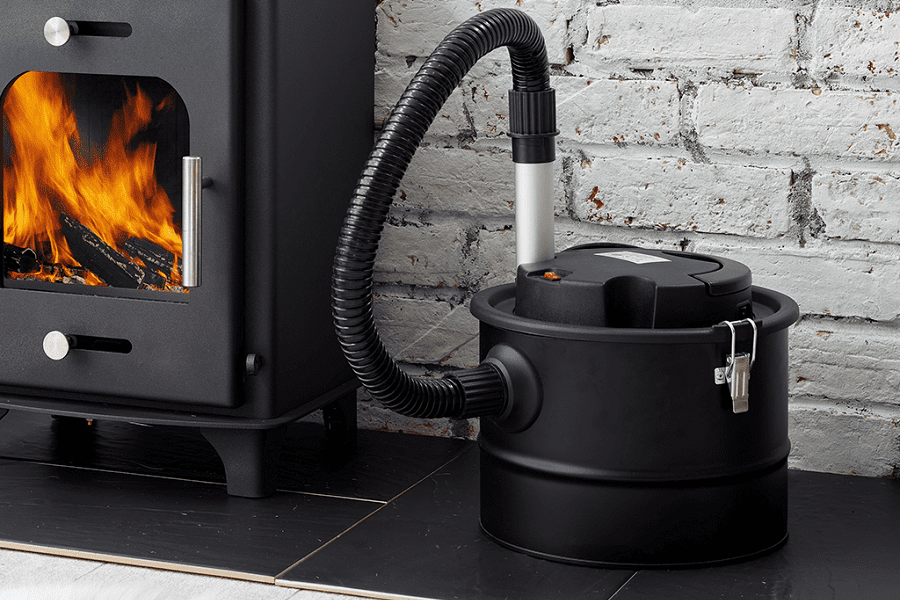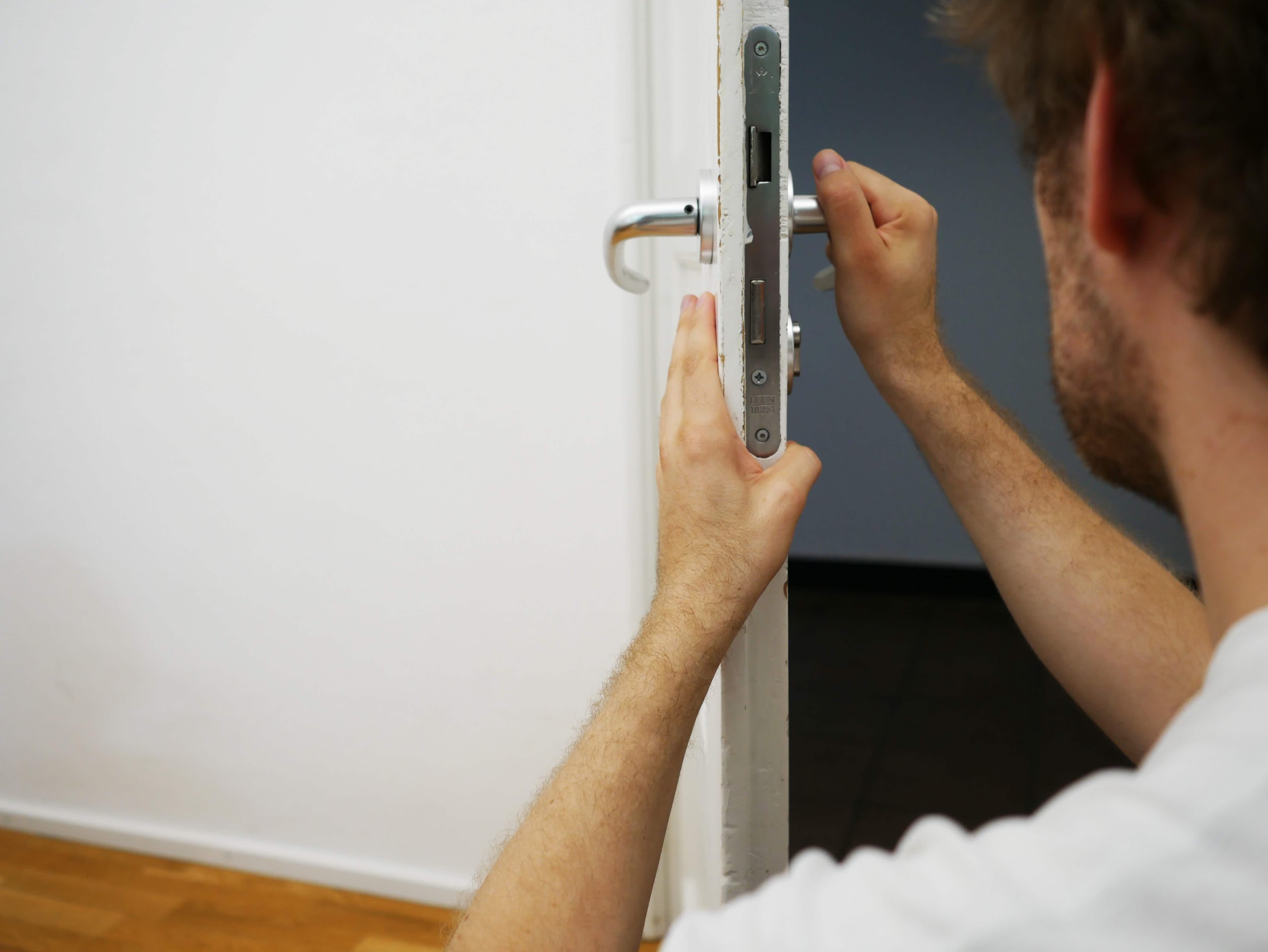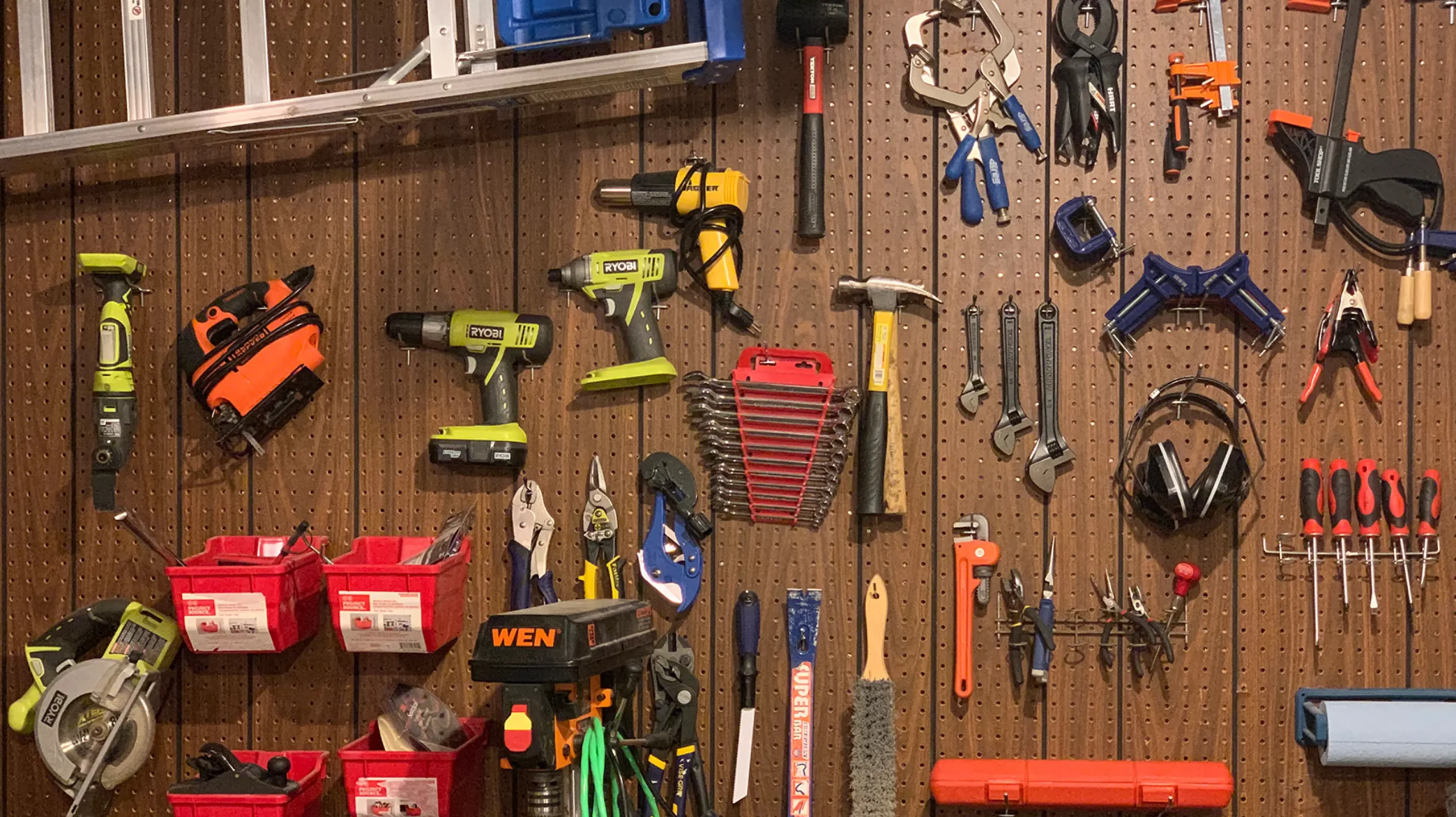Here’s How Investing in a Generator Now Will Help You in an Hour of Need

Table of Contents
In an age marked by unpredictable weather patterns and occasional power outages, having a reliable backup power source can be a game-changer.
But most people who think about this don’t know much about owning a generator. They have no idea how much is a Generac generator in terms of cost and maintenance or what to do if it fails. It’s important to seek the help of experts to deal with these issues.
As we explore home generators and their benefits, it becomes evident that the initial investment pales in comparison to the peace of mind and practical advantages they provide.
Picture this: a storm knocks out the power in your neighborhood. Suddenly, your home is in darkness, your appliances are useless, and your connectivity is cut off.
Verified and accurate information from the U.S. Energy Information Administration states that the average American experiences at least one power outage a year, lasting around four hours.
Multiply this by the potential inconvenience and financial losses incurred during such times, and the value of having a backup generator becomes apparent.
While it’s true that investing in a generator represents an upfront expense, it’s crucial to view it as a long-term investment rather than a mere purchase. Generac, a leading brand in the generator industry, offers a variety of models catering to different needs and budgets.
Considering the costs of spoiled food, property damage due to a lack of climate control, and potential business downtime, the generac home generator cost like nothing.
Beyond financial implications, there’s the immeasurable benefit of peace of mind. Knowing that your home or business can continue operating seamlessly during power outages is invaluable.
With a Generac generator, you can safeguard your loved ones, protect your assets, and maintain essential services without interruption.
This article will discuss the benefits of investing in a generator and the positive implications of this action in an emergency. Let’s delve in.
Understanding the Importance of Emergency Preparedness
Emergencies can strike at any time, from severe weather events to unexpected grid failures. Verified information from the Federal Emergency Management Agency (FEMA) states that nearly 60% of Americans don’t have a household emergency plan. It is crucial to take proactive steps to prepare for such scenarios for the safety and security of your family.
Exploring the Benefits of Investing in a Generator
A generator provides a reliable power source during outages, ensuring that essential appliances like refrigerators, heaters, and medical devices remain operational. Statistical data from the U.S. Energy Information Administration (EIA) reveals that power outages cost the U.S. economy billions annually.
Investing in a Generac generator can mitigate these losses by minimizing disruptions to your daily life and routine. Exploring generac generator pricing options allows you to find a solution that fits your budget and requirements.
Comparing Generac Generator Models and Pricing
Generac provides a range of generator models to suit different needs and budgets. From portable generators ideal for occasional use to whole-house standby generators for uninterrupted power supply, there’s an option for every household. Prices are different depending on the size and features of the generator, with entry-level models starting at around $500, while larger standby models can cost upwards of $5,000.
Ensuring Safety and Comfort for Your Family
Maintaining a secure environment for your family during power outages is paramount. A generator can power essential appliances, ensuring access to food, warmth, and communication. It is especially critical for families with infants, elderly members, or individuals with medical conditions that require a continuous power supply.
Long-Term Value
While the upfront cost of a generator may seem huge, it’s essential to consider the long-term value it provides. According to a study by the American Society of Civil Engineers (ASCE), investing in resilient infrastructure, including backup power systems like generators, can yield significant returns regarding economic savings and societal well-being.
Tips for Choosing the Right Generator for Your Needs
When selecting a generator, consider power output, fuel type, runtime, and noise level. Assess your household’s or business’s power requirements and choose a generator that adequately meets those needs. In addition, you should consider factors such as installation requirements, maintenance costs, and warranty coverage.
Integrating Your Generator into Your Business or Household Emergency
Incorporate your generator into your household or business emergency plan, outlining operation, maintenance, and fuel management procedures. Educate family members or your staff on safely using the generator and establish protocols for troubleshooting common issues. Regularly test your generator to ensure it’s in proper working condition.
Maintenance and Care
Regular maintenance is crucial to keeping your Generac generator in optimal condition. Follow manufacturer recommendations for servicing intervals, including oil changes, filter replacements, and battery checks.
Store an adequate fuel supply and perform regular startup tests to verify that your generator is ready to act when needed. Considering the generac generator’s cost, including installation, ensures you understand the investment required for reliable backup power.
Real-Life Scenarios
Countless families have benefited from having a generator during emergencies. Whether powering medical equipment during a blackout or providing warmth and comfort during a winter storm, generators have proven invaluable assets in times of need.
Community Resilience
Investing in a generator and prioritizing emergency preparedness can contribute to community resilience. Being proactive and prepared safeguards your family and empowers others to do the same.
In conclusion, investing in a generator now is not just a practical decision; it’s a commitment to your family’s safety, comfort, and well-being.






